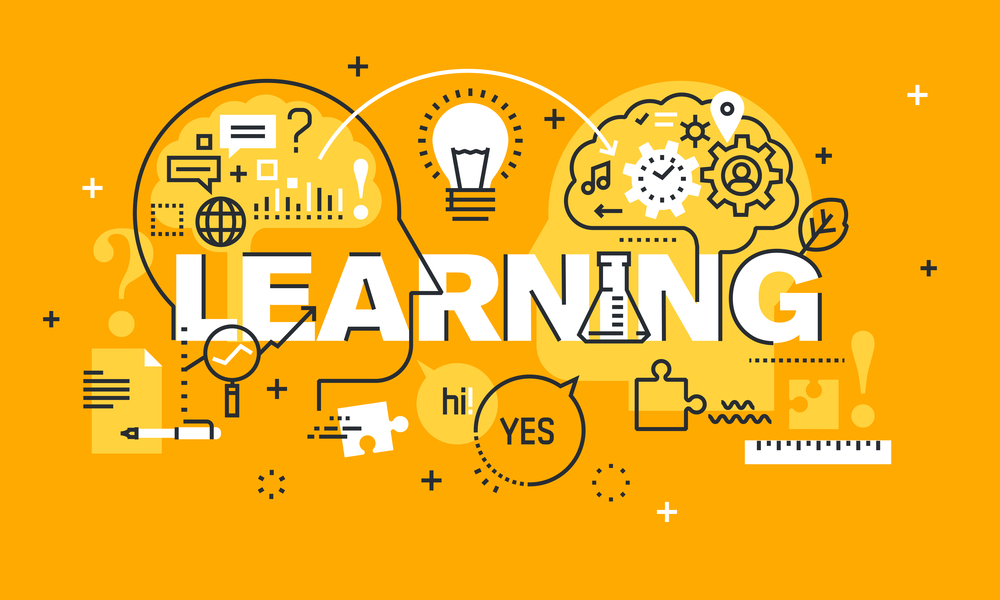In our rapidly changing world we have the frequent opportunity (and need) to learn new things and new ways. The way we may have been taught in school or on the job may not have been effective for our actual learning and skill development. There is an actual science to learning…and the findings for what works may not surprise us but it may be surprising the high-impact approaches weren’t widely used in our own education. With a world that demands us to learn and adapt, it is vital that we take our learning and skill development into our own hands.
Here are 30 things that many people may not know about learning how to learn and skill development:
- Learning how to learn is a skill that can be learned and developed just like any other skill.
- There is no one-size-fits-all approach to learning, so it’s important to find a method that works best for you.
- Practice is essential for learning new skills and improving existing ones.
- Learning a new skill can take time, so it’s important to be patient and persistent.
- The brain is capable of changing and adapting throughout life, a concept known as neuroplasticity.
- The more you practice a skill, the more efficient your brain becomes at performing it.
- Learning is more effective when it is spaced out over time rather than crammed into a short period.
- Learning is enhanced when it is relevant to your goals and interests.
- The context in which you learn can affect your ability to retain information and develop new skills.
- Learning is more effective when it is interactive and involves feedback and assessment.
- Learning with others, such as in a group or with a mentor, can enhance the learning experience.
- Learning how to learn is not just about acquiring knowledge, but also about developing critical thinking and problem-solving skills.
- Self-directed learning can be more effective than learning in a traditional classroom setting.
- Visual aids such as diagrams and mind maps can aid in learning and understanding complex concepts.
- Deliberate practice, where you focus on specific aspects of a skill and seek feedback to improve, is more effective than mindless repetition.
- Embracing a growth mindset, where you believe that skills can be developed and improved with effort, can enhance the learning process.
- It’s important to set clear and achievable goals when learning a new skill.
- Using spaced repetition techniques, such as flashcards, can help with memory retention.
- Breaking a skill down into smaller, more manageable parts can make it easier to learn.
- The more senses you use when learning, such as sight, sound, and touch, the more likely you are to remember the information.
- Learning how to learn can help with career development and personal growth.
- Learning how to learn is a lifelong process and requires a willingness to adapt and learn new skills throughout life.
- Learning how to learn can help with problem-solving in all areas of life.
- Learning how to learn can help with personal empowerment and self-improvement.
- Learning how to learn can help with decision-making and critical thinking skills.
- Learning how to learn can help with overcoming fears and self-doubt related to learning new skills.
- Setting up a dedicated learning space, such as a study or workspace, can aid in the learning process.
- Exercise and physical activity can enhance learning and memory retention.
- Taking breaks during the learning process can help prevent burnout and increase productivity.
- Learning how to learn is not just about acquiring new skills, but also about developing a growth mindset and a lifelong love of learning.

Thanks for ChatGPT for help finding these 30 learning tips. As someone with a Ph.D. in this field, I was quite impressed with what this AI tool synthesized from the learning research and provided in readable tips. What a great approach for just-in-time learning…prompting ChatGPT.